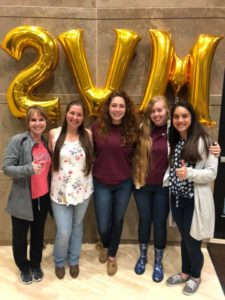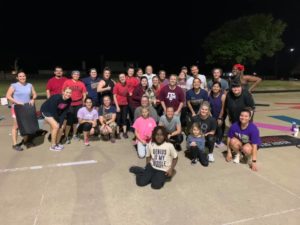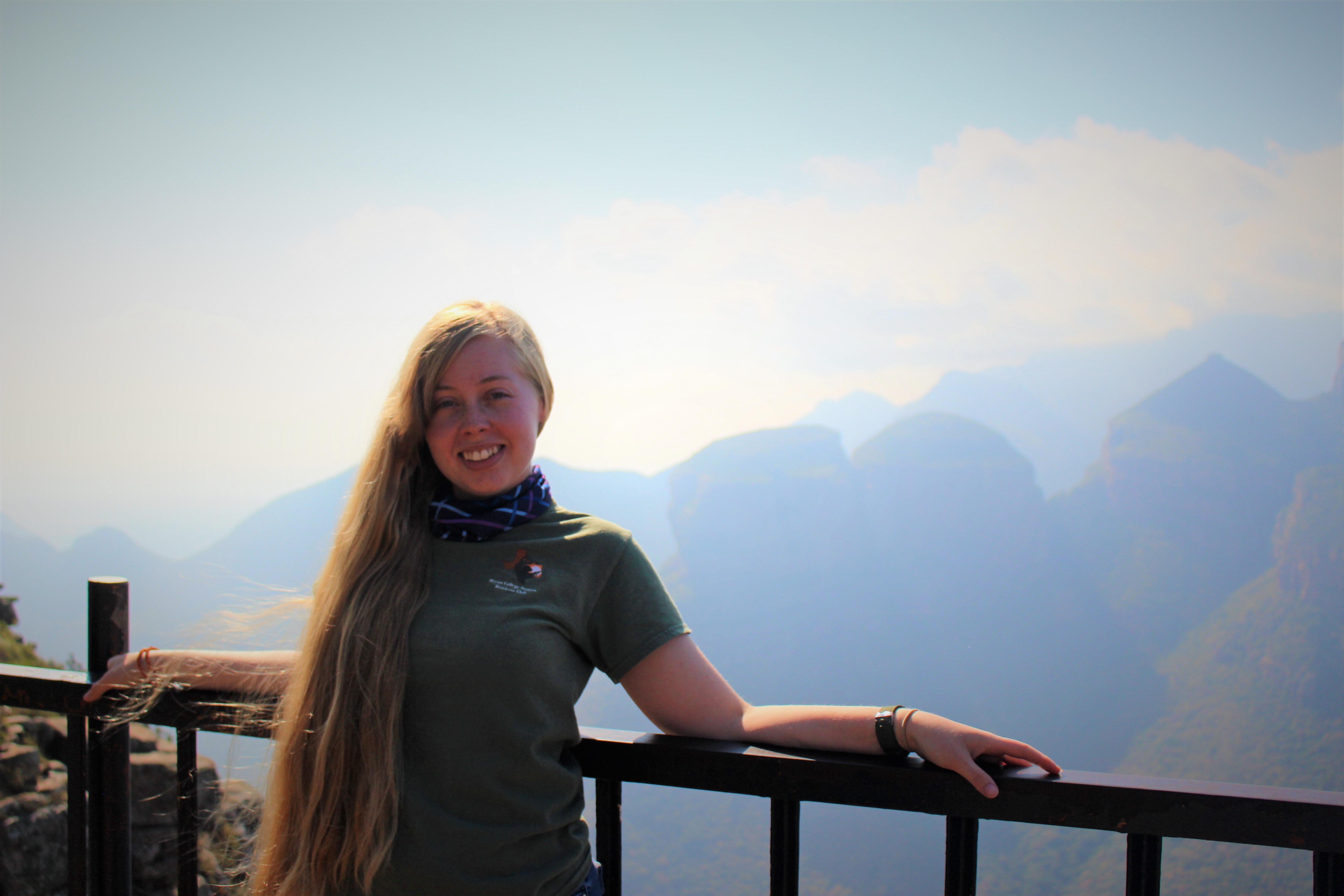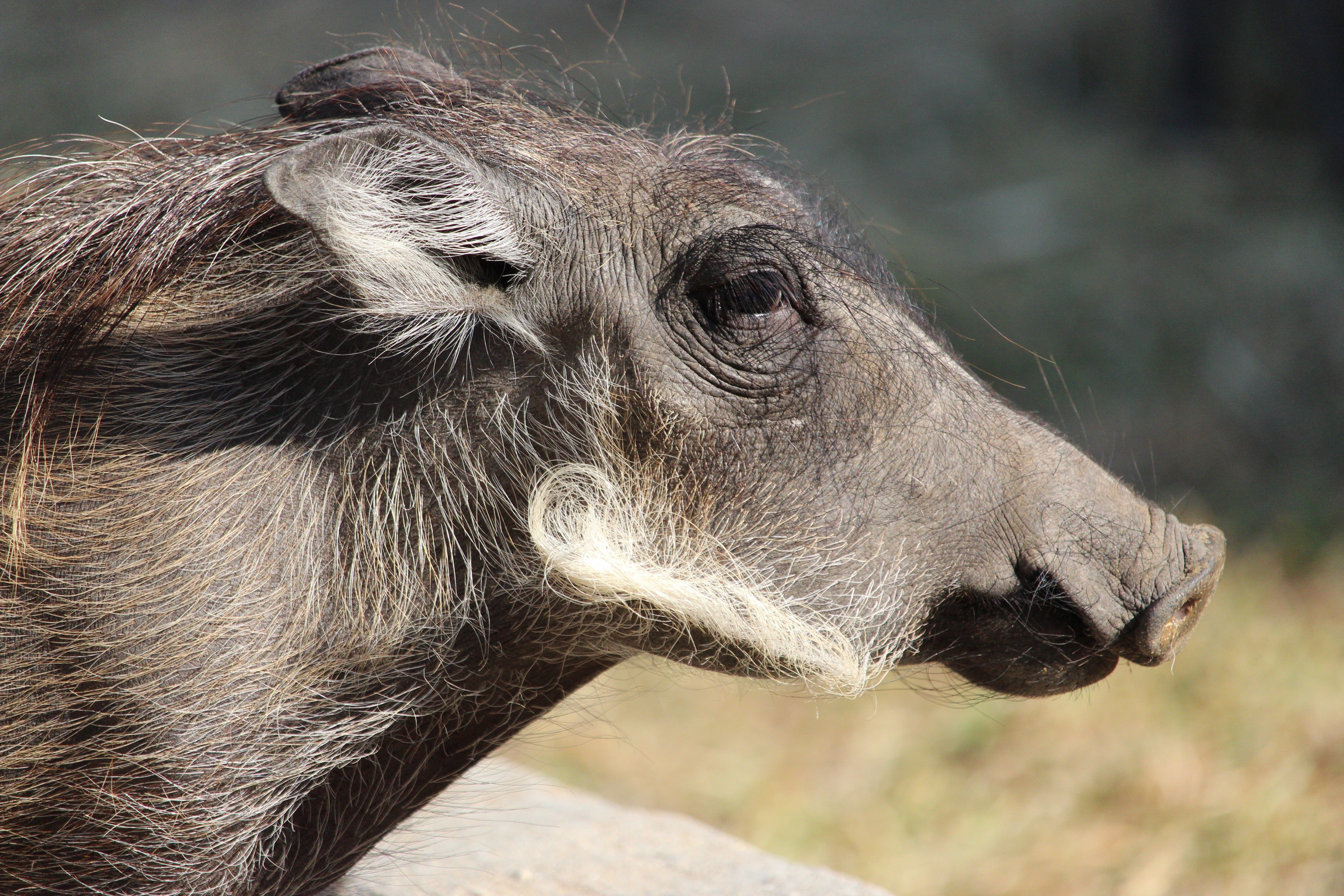It’s that time of year again to make New Year’s resolutions and, more importantly, to stick to them.
 I’ve done a commendable job of managing my academic goals and expectations through the first three semesters of veterinary school, but I can’t say the same for my personal health/fitness goals; every semester starts out with good intentions, but 10 weeks in, I start to slip.
I’ve done a commendable job of managing my academic goals and expectations through the first three semesters of veterinary school, but I can’t say the same for my personal health/fitness goals; every semester starts out with good intentions, but 10 weeks in, I start to slip.
Not this year!
2020 is going to be the best one yet. And how will I make that happen?
Community.
Finding a support system that helps you stay focused and on track is the key to success, especially during transitional times like starting veterinary school.
In The Happiness Advantage, Shawn Achor describes seven principles that will teach you to lead a happier, more productive life.
The seventh principle is about social investment—if your life was a football game and you were the quarterback, then your support system would be the offensive line. They are there to protect you, keep you in the game, and celebrate with you when the drive is over.
People have a tendency to keep to themselves when life gets tough, especially introverts like myself, so it’s important to remember your  team.
team.
My roommates and I have made a commitment to each other to stick to our wellness goals this semester. We cook together, workout together, and hold each other accountable.
My community has helped me reach the almost halfway point of veterinary school, and I can’t wait to celebrate with them at graduation as my happiest, healthiest self.



